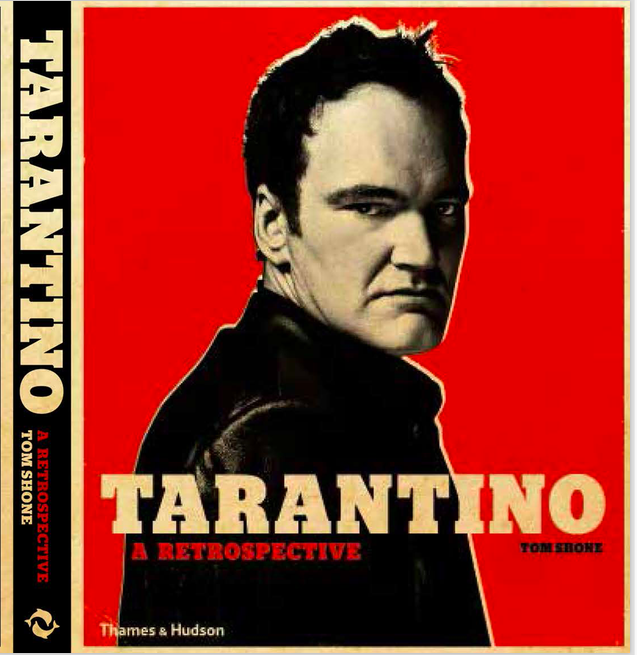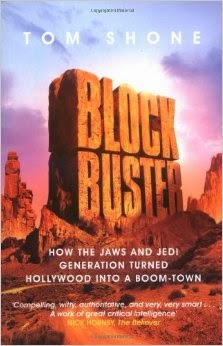 David Liss wonders why magic has became elite and inaccessible:—
David Liss wonders why magic has became elite and inaccessible:—In the past, people generally believed they could acquire magic in two ways: through learning the craft, either from another practitioner or from books; or through obtaining magic from a powerful being-think Faust or the classic, demonized witch, both of whom get their mojo from Satan. Anyone could learn magic as long as he or she had access to the knowledge or could make a connection with the right supernatural entity. The important point is that in theory, the gates of magic were open to everyone, and what I find most interesting is how that has changed in popular culture. Magic has gone from being an open system to a closed one. Their massive popularity make the Harry Potter novels and films the most glaring example, but it’s everywhere, and has been for decades now: TV shows like Charmed andWizards of Waverly Place, books like those of Laurell K. Hamilton and Charlaine Harris. More often than not, magical practitioners are born, not made. Magic is an exclusive club. You can watch and be envious, but you can’t join.
Alyssa Rosenberg wonders if this "correlates to a sense of unease about how much power we have to impact our lives and to change the world.... Biological conceptions of magic are a way of explaining your own powerlessness." Possibly. But the same thing happened to The Force, remember? Originally a force open to all ("It's an energy field created by all living things. It surrounds us, penetrates us, and binds the galaxy together") it devolved, as the sequels wore on, to a matter of merely good breeding. Lucas went into his european-heritage phase, like all self-made millionaires. By the time he reached the prequels, the saga was as stiff with honorifics as Debrett's Peerage: "the princess, your excellency..." It was the Jedi equivalent of Howard Hughes pilfering the Renaissence and Baroque as inspiration for San Simeon. More generally, the gentrification of The Force, like the increasing incestuousness of Harry Potter, corresponds to the first rule of franchise storytelling: it's a family affair.






















Late to this post but it was Hearst, not Hughes, who built San Simeon.
ReplyDelete